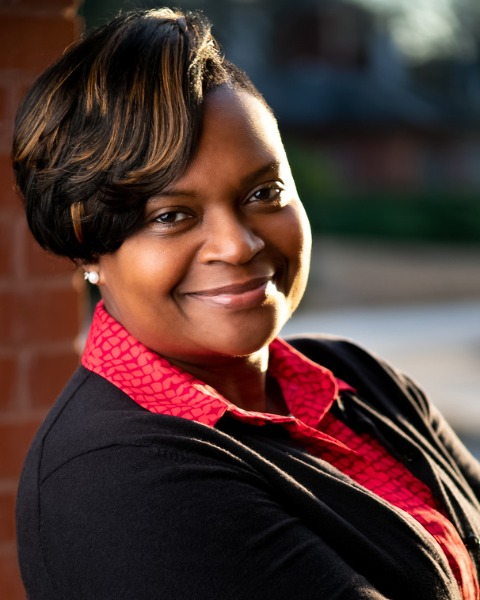Program Area: Social Research, Policy, and Practice
Using Research to Advance the Dementia-Friendly Community Movement at the Local, National, and International Level
-

Clara Scher, MSc
Graduate Assistant
Social Work
Rutgers, The State University of New Jersey
New Brunswick, New Jersey, United States -

Emily Greenfield, PhD
Professor of Social Work
School of Social Work
Rutgers, The State University of New Jersey
New Brunswick, New Jersey, United States -
JG
Joseph Gaugler, PhD
Professor and Robert L. Kane Endowed Chair in Long-Term Care and Aging
School of Public Health
University of Minnesota
Minneapolis, Minnesota, United States -

Clara Scher, MSc
Graduate Assistant
Social Work
Rutgers, The State University of New Jersey
New Brunswick, New Jersey, United States -

Fayron Epps, PhD, RN, FGSA, FAAN
Assistant Professor
Nell Hodgson Woodruff School of Nursing
Emory University
Fairburn, Georgia, United States -
.jpg)
Fei Sun, MA, MSW, PhD
Professor
School of Social Work
Michigan State University
East Lansing, Michigan, United States -
.jpg)
Ceara Somerville, M.S.
Senior Research Associate
Gerontology
University of Massachusetts Boston
Boston, Massachusetts, United States
Chair(s)
Co-Chair(s)
Discussant(s)
Individual Symposium Abstract First Author(s)
It is estimated that more than 55 million people worldwide are living with dementia. To address the social and health needs of individuals living with dementia and their care partners, researchers, policymakers and advocates have championed dementia-friendly communities (DFCs) as a population-level response. DFCs promote the well-being of those living with dementia, empower all members of the community to celebrate the capabilities of persons with dementia, and encourage individuals living with dementia to engage in their communities. The objective of this symposium is to describe the ways in which research can help to advance the dementia-friendly movement at the local, national, and international levels. First, Scher & Greenfield will describe the dimensions of implementation of DFCs in Massachusetts with implications for program monitoring and process evaluation. Second, Epps & colleagues will discuss the process of developing a person-centered tool to evaluate the impact of dementia-friendly programs in faith-based communities. Third, Somerville & colleagues will present findings from a study of community and organizational factors related to dementia-friendly readiness in community-based senior centers. Finally, Sun & colleagues will discuss the barriers and facilitators to implementation of DFCs in the USA during the COVID-19 pandemic. Taken together, these studies demonstrate the utility of quantitative and qualitative research methodologies to elucidate how and to what extent DFCs are implemented. Findings have implications for examining the population health impact of DFC efforts, as well as for attending to issues of health disparities and aging equity in the uptake, implementation, and sustainability of DFC initiatives.
Learning Objectives:
- After attending this symposium, participants will be able to describe the ways in which research can help to advance the dementia-friendly movement at the local, national, and international levels.
- After attending this symposium, participants will be able to summarize factors related to implementation of dementia friendly communities.
- After attending this symposium, participants will be able to consider local, state, and national context surrounding the success of DFCs.
Presentations:
-
12:30 PM – 2:00 PM ETDimensions of Implementation for Dementia-Friendly Community Initiatives
Individual Symposium Abstract First Author: Clara Scher, MSc – Rutgers, The State University of New Jersey
-
12:30 PM – 2:00 PM ETDeveloping a Measure of Community-Level Dementia Friendliness in Faith Communities
Individual Symposium Abstract First Author: Fayron Epps, PhD, RN, FGSA, FAAN – Emory University
-
12:30 PM – 2:00 PM ETPerceptions of Dementia Friendly Community Stakeholders in the US: Challenges and Strategies During COVID-19
Individual Symposium Abstract First Author: Fei Sun, MA, MSW, PhD – Michigan State University
-
12:30 PM – 2:00 PM ETSenior Center Involvement with Dementia-Friendly Communities: Community and Organizational Factors
Individual Symposium Abstract First Author: Ceara Somerville, M.S. – University of Massachusetts Boston
